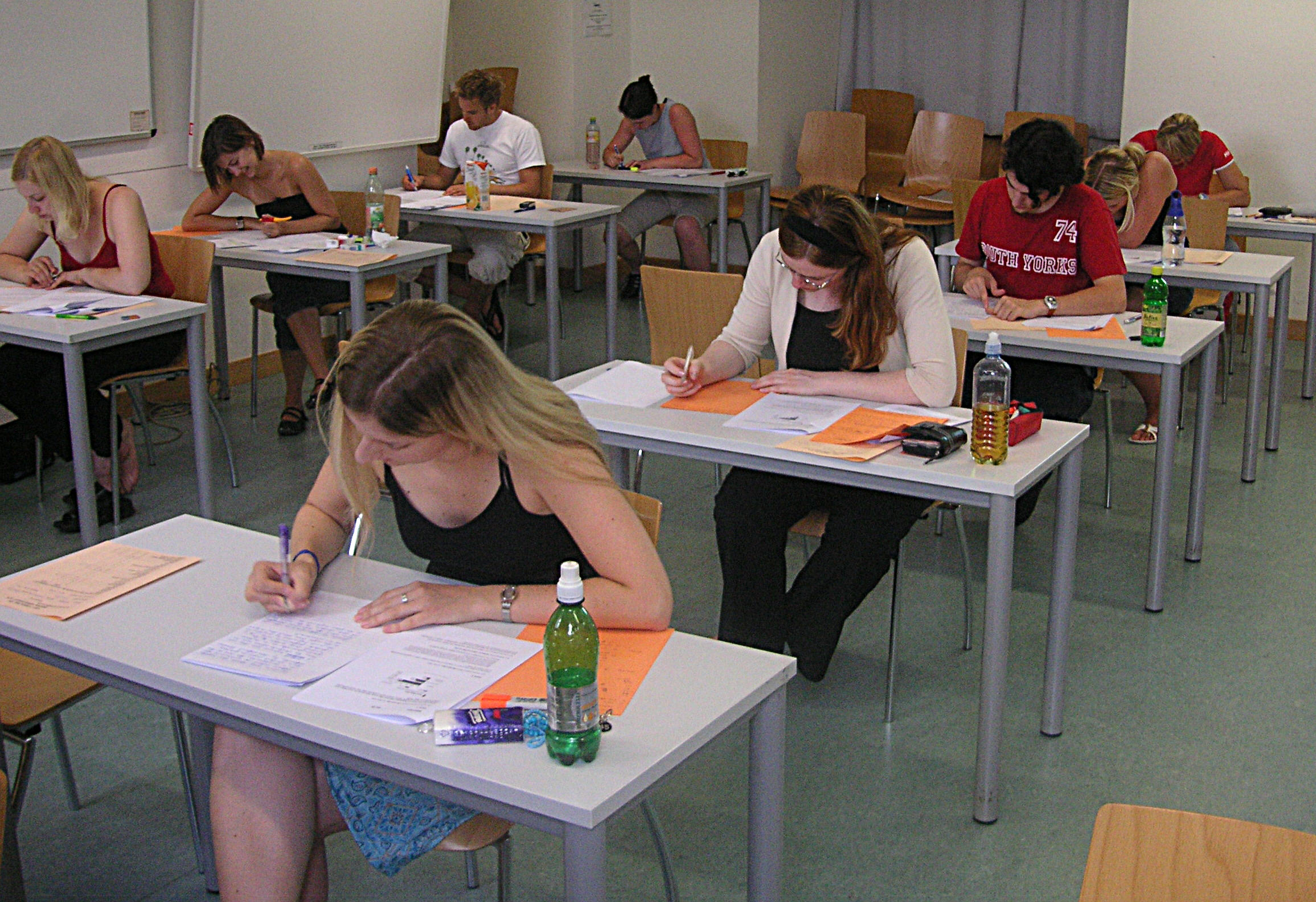
Another season of SAT, ACT and AP testing is upon us.
Teachers and administrators are beginning to stress whether their students are prepared for the tests and how students’ scores will reflect on their performance.
Students are worried the tests will reveal how smart they really are and whether they will be a success of failure in life based on their scores.
SAT & ACT scores do correlate with some intelligence tests. However, as we consider what role the SAT (or any intelligence test for that matter) should play in our schools, it is important to remember:
- SAT and high school GPA can predict success in college for many but character traits like grit (perseverance and passion for long-term goals) are even more predictive of success
- The SAT favors students from rich families although the benefits of test-prep are far lower than test prep companies tout
- Differences in “innate” intelligence might only matter at the very highest levels of cognitive ability, such as those in the top 1%
Verbal reasoning, in which students have to analyze complex texts, can help gauge how prepared students are to tackle challenging readings in college. For example, the following question assess not just students’ ability to literally comprehend a passage but to analyze it for broader messages.
 SOURCE: College Board
SOURCE: College BoardHowever, what this type of test does not assess is students ability to persevere, get help and seek creative solutions.
The SAT does not assess if a student, who may be a slower reader that initially found a reading confusing, could re-read a passage and use strategies to discern greater meaning. (The time constraints on the SAT & ACT, as any junior in high school will attest, are notorious for leading students to skim passages and guess on questions instead of thoughtfully engaging with the text.)
The SAT does not assess if a student has the initiative to ask a teacher or peer for help or use online resources to better grasp new concepts that his peers might have learned more quickly and independently.
The SAT does what it is supposed to do: provide an objective snapshot of a student’s reading, math and writing skills in the given time and testing constraints.
However, the SAT does not assess for traits far more important for success in life: self-efficacy and grit.
